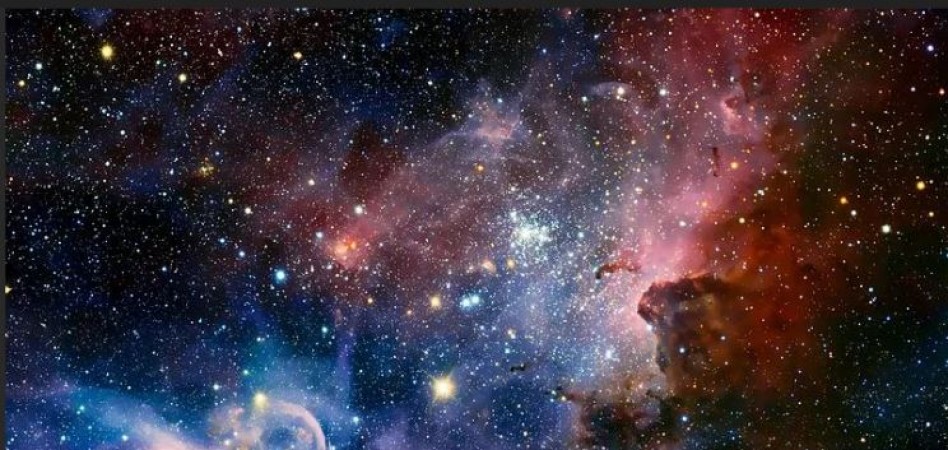
In the grand tapestry of existence, the terms "universe" and "space" often come up, but what exactly do they mean? Let's embark on a cosmic journey to uncover the distinctions and connections between these two fundamental concepts.
The universe is the vast expanse that encapsulates everything that exists, including galaxies, stars, planets, and all forms of matter and energy. It's the totality of all space, time, matter, and energy. Understanding the universe is like comprehending the entirety of creation itself.
One remarkable characteristic of the universe is its ongoing expansion. Galaxies are moving away from each other, which was a groundbreaking discovery in the early 20th century. This expansion shapes the fabric of the cosmos.
Now, let's shift our focus to the concept of space, which is an integral component of the universe.
In scientific terms, space refers to the vacuum or near-vacuum that exists between celestial objects. It's a region where the density of matter and particles is extremely low, creating an environment vastly different from Earth's atmosphere.
Space is where the celestial drama unfolds. It provides the backdrop against which celestial bodies, such as stars and planets, exist and move. Without space, the universe would lack the canvas on which to paint its cosmic masterpiece.
Let's highlight some key differences between the universe and space.
The universe encompasses everything, from the smallest subatomic particles to the largest galaxies, while space specifically refers to the vast regions between these celestial objects.
The universe consists of matter, energy, and the laws of physics that govern their interactions. Space, on the other hand, is primarily defined by its emptiness—an absence of significant matter and atmosphere.
The universe evolves and changes over time, with galaxies moving farther apart due to cosmic expansion. Space, as a backdrop, remains relatively constant, only changing as celestial objects move through it.
Despite these differences, the universe and space are inextricably linked.
Space is where celestial objects, such as stars and planets, reside and interact. These objects collectively make up the universe. Without space, the universe would lack the stage on which its celestial actors perform.
The universe's expansion occurs within the framework of space. The stretching of space itself is one of the universe's most profound phenomena.
In conclusion, the universe is the all-encompassing entity that includes everything that exists, while space refers to the vast regions between celestial objects. These concepts are interconnected, shaping our understanding of the cosmos, and revealing the marvels of the universe we call home. So, as we gaze at the night sky, remember that the universe and space are the ultimate backdrop to the grand cosmic saga that unfolds before our eyes.
People of this zodiac sign will be successful in business travel today, know your horoscope
People of this zodiac sign can get free from old debts today, know your horoscope...